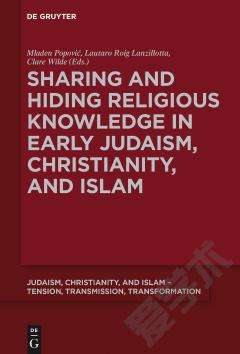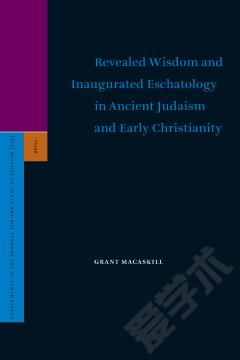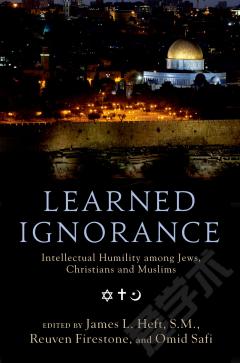Sharing and Hiding Religious Knowledge in Early Judaism, Christianity, and Islam
In Antiquity, knowledge was cherished as a scarce good, cultivated through the close teacher-student relationship, and often preserved in the closed circle of the initiated. From Assyrian and Babylonian cuneiform texts to a Shiâite Islamic tradition, this volume explores how and why knowledge was shared or concealed by diverse communities in various ancient and late antique cultural contexts. In these essays, a range of scholars from Assyrian studies to Jewish, Christian, and Islamic studies examine diverse approaches to, and modes of, knowledge transmission and concealment, shedding new light on both the interconnectedness, as well as the unique aspects, of the monotheistic faiths and their relationship to the ancient civilizations of the Fertile Crescent.
{{comment.content}}








 京公网安备 11010802027623号
京公网安备 11010802027623号